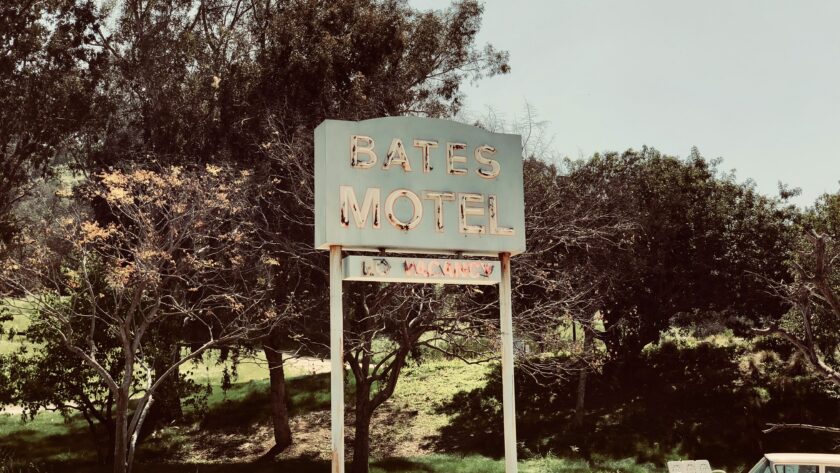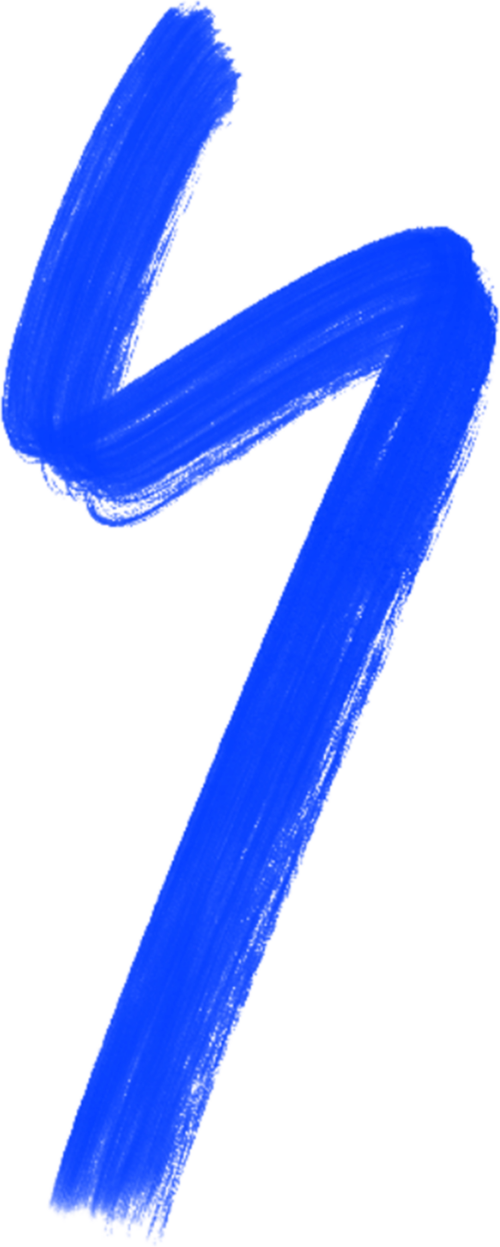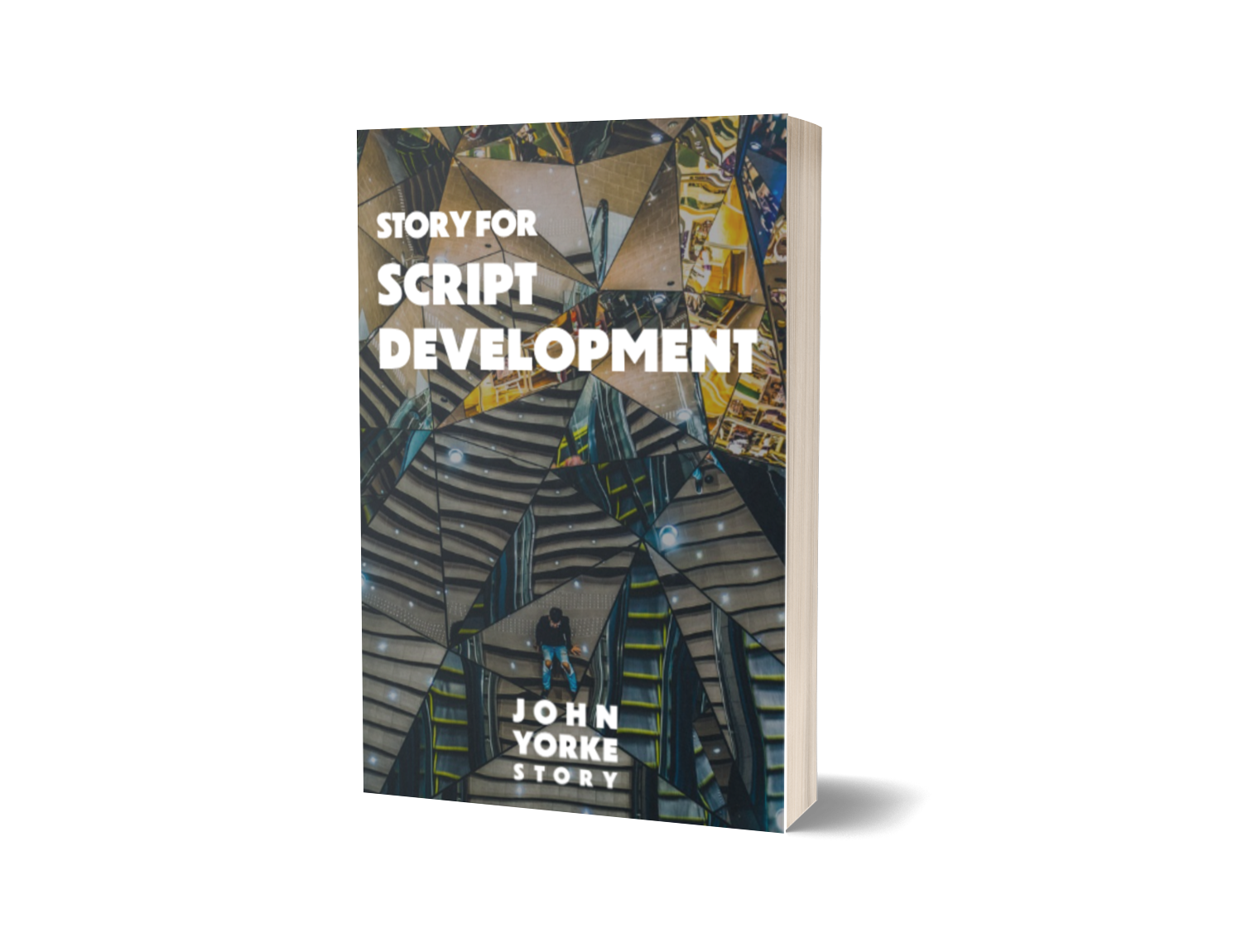How I ended up in broadcast storytelling
Last spring I left my job in advertising, and some friends invited me to stay with them as I tried to figure out what exactly I was to do next. Every day I found myself taking solace in a feature or episode of something, which we’d then talk about. It always happened to be factual content.
One evening I couldn’t stop laughing while relaying an episode of Travels with My Father where Michael bores Jack with the ‘dry history’ of the Bavarian Alps, and I thought about how brilliant it would be to have a career telling stories like those I’d been watching. Ones rooted in real-life that, in their own ways, help us explore and make sense of ourselves and the world around us. The penny had dropped.
Fast-forward a year and I work as a researcher who’s been lucky to work with many great people on great productions in comedy, documentary, popular factual, and fact-ent television.
But while I could increasingly feel what was and wasn’t a good story as my experience grew, I had also started to feel insecure about lacking a solid understanding of how they’re crafted.
So I did my research and found the John Yorke Story: Story for Documentary & Unscripted TV course promising practical insight into the mechanics of story. After being kindly granted a supporting bursary, I signed up straight away.
My experience on the course
John Yorke asks you for 5–7 hours each week to read through the materials, complete the assignments and contribute to class discussions. But perhaps because I feel I was more junior than my peers at a producer or P/D level, I opted to put in a little more time to crack the subject matter and tasks. Although doing so whilst working full-time on a production through lockdown wasn’t easy, it was worth every minute spent.
I’ve only been working on my latest gig for a couple of weeks. Yet I’ve already noticed that pushing myself to think in this way has helped me be more focused and creative when [story] building.
– Amy Jarrold
24/7 online access with a set weekly pace was the perfect course format to keep my progress ticking along. The flexible arrangement let me fit the course around my other life commitments, deadlines gave healthy pressure and I couldn’t ask for more from our tutor Stephanie Wessell who was always there giving detailed and personal feedback every step of the way. All in all, I was really happy with how I grew week-on-week.
I also really enjoyed the variety of tasks that let us put our learning to the test. My favourites were planning a docu-drama about the Brooklyn Bridge from its Wikipedia Page and pitching my programme idea, a six-part music series for Netflix, to Steph and the group.
The impact the course has had on my TV work
It’s hard to pin down the part of the course I found most valuable. I’m very tempted to say the earlier sessions that gave a good grasp of the ingredients of a story and the questions to ask to decipher them, or later ones that made me aware of how to put these things together in a shape that makes the audience want to know what happens next; something that’s critical no matter the genre you’re creating in.
But on reflection, I think the lesson learnt that’s had the most impact on me and my work is that of making sure I step back and simplify things as much as I can.
Be it a drama, comedy or documentary, at their core all stories are ‘just’ a central character going on a journey of change (and facing obstacles along the way) as they seek out a solution to a problem. Besides what the story is really all about and how we want to make people feel, this is what you need to start from and come back to.
I’ve only been working on my latest gig for a couple of weeks. Yet I’ve already noticed that pushing myself to think in this way has helped me be more focused and creative when building out the qualities – like characters and distinguishing events – that serve the takes on the world that I’m helping to tell. What’s more, it’s bettered and made me more confident in my points of view on potential overarching angles and structures for each episode.
All in all, this online John Yorke Story course is one of the best investments I’ve made this year. It’s unlocked a way of looking at the world that helps me find story in anyone and anything, and with this my potential too.





